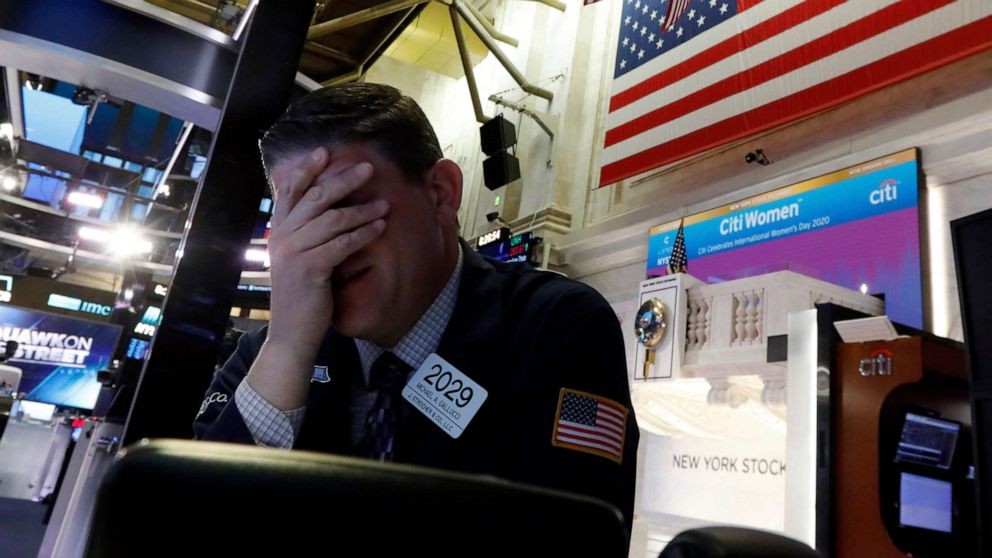There are significant costs to the coronavirus (COVID-19) outbreak. First, and foremost, is the loss of lives. But there are also two components to the economic costs that should be addressed.
One component is the direct cost: employee absences and higher health care expenditures. But so far, those direct costs have been relatively rare. The second component, fear and mitigation policies, have accounted for the bulk of the costs so far.
Shuttering schools means many parents can’t work. Closing borders means business is interrupted. But it’s the human fear of exposure to the virus that has the potential to decimate the travel and entertainment sectors.
This fear feeds on itself. If I am a provider of leisure goods and I expect that others will not buy my leisure goods, I expect to be poorer. That makes me less likely to work long hours and less likely to spend on others' goods. What we do depends on what we expect others to do.
Confidence matters.
That confidence is what we saw shattered this week when public health policy failed to contain the COVID-19 virus. Confidence is easily broken and slowly repaired. I am sure that as a country, we will pull through and Wall Street and Main Street will recover to pre-virus levels. But the fear that such an epidemic could reappear will likely exert a small downward force on prices and demand, for decades to come.

